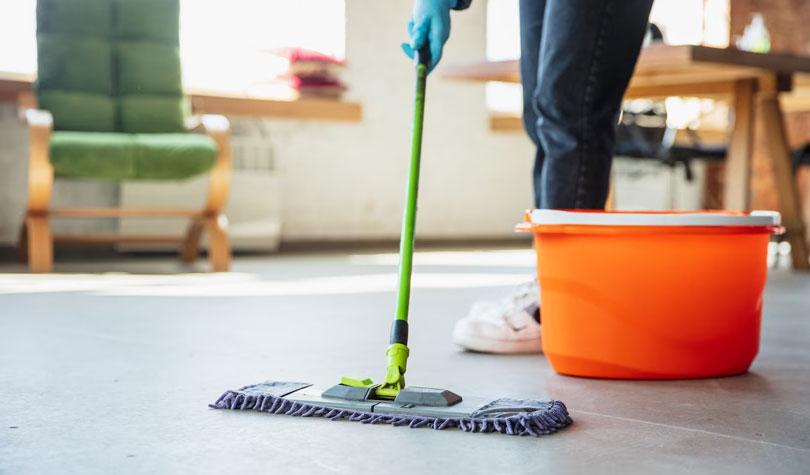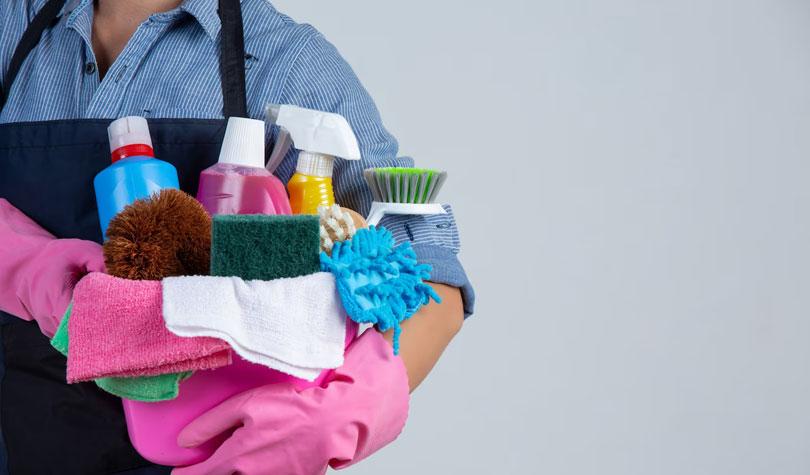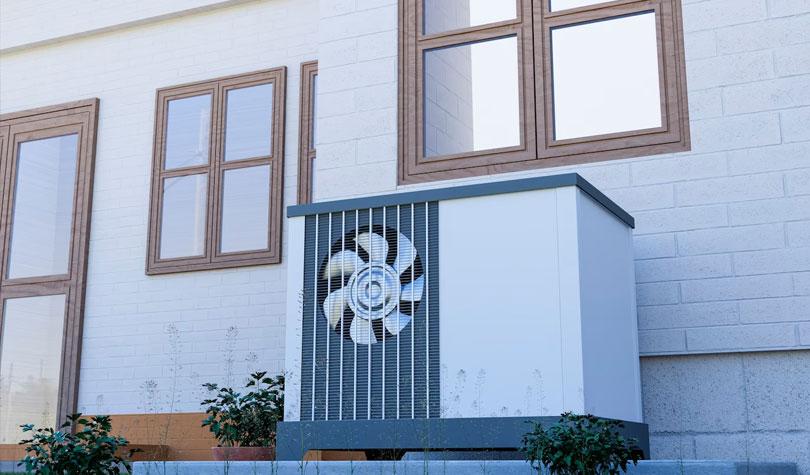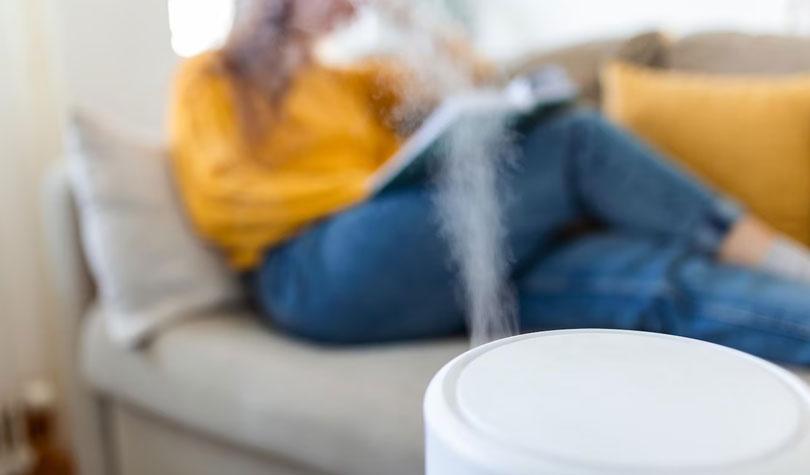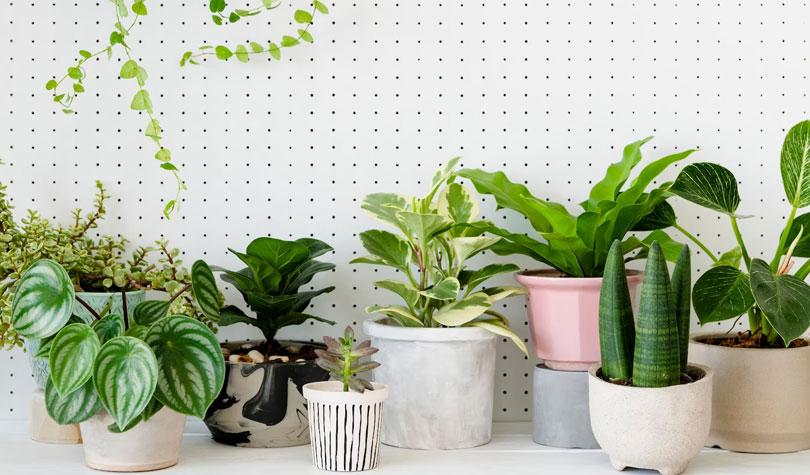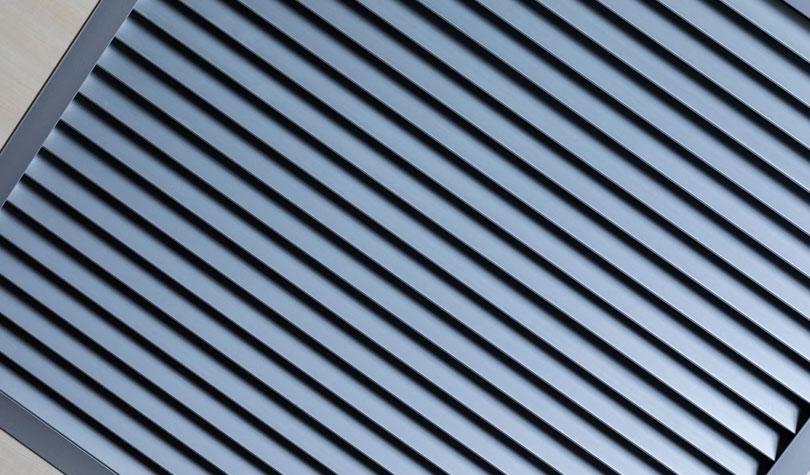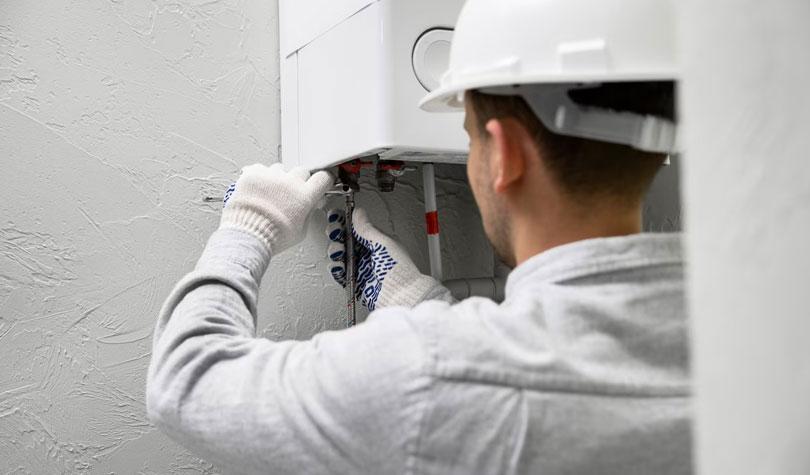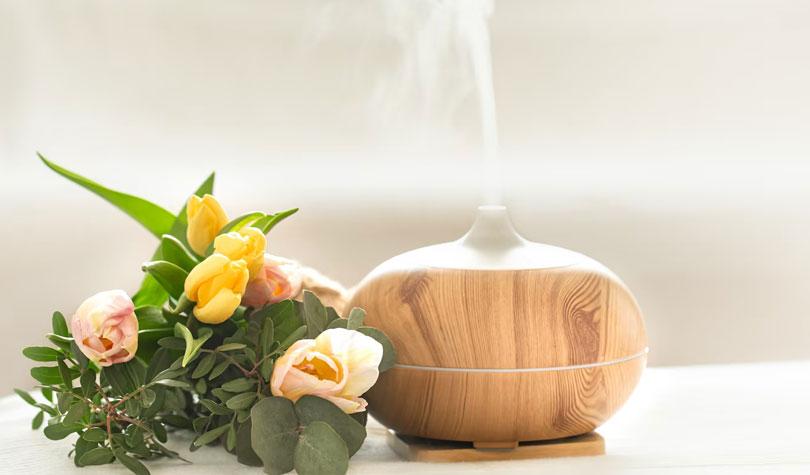Indoor air quality takes a hit when summers start. High heat and humidity levels are the perfect breeding ground for all sorts of air quality issues. Including:
- Poor ventilation
- Pet dander
- Allergens
- Pollens
- Mold growth
- Dust
- And more.
Some of these factors are out of your control — polluted outdoor air that forces you to keep your windows shut, thus contributing to poor ventilation — but some you can fix.
Here is a brief list of tips and tricks to add to your lifestyle to always come to a fresh-smelling house and super-clean indoor air.
Keep your house clean
Image Source: freepik.com/master1305
Regular dusting, mopping, and vacuuming take care of most kinds of pollutants and contaminants that affect the indoor air. HEPA filter vacuums go a step further and prevent any of these contaminants to get blown back into the air.
Wiping the shelves and counters surfaces with a vinegar solution and mopping the floor with plain water takes care of any residual particles and gives you cleaner air in the house.
Use natural cleaning products
Image Source: freepik.com/jcomp
Most cleaning products contain harsh chemicals that leave volatile organic compounds that are harmful to human health.
Avoid this by choosing natural cleaning products such as lemon, white vinegar, baking soda, salt, coconut oil, and more.
Go online to find tons of housekeeping articles where experts share tips on how to use simple kitchen items as organic cleaning products.
Ensure proper ventilation when you can
Image Source: freepik.com/freepik
When the sun goes down, open up your windows to let the fresh outdoor air in. Proper ventilation in the house not only improves indoor air quality but also reduces your energy bills. Invest in some light-blocking shades so you can also enjoy fresh air during the day.
Proper ventilation prevents the buildup of pollutants and increased airflow further improves the air quality inside the house.
Groom your pets
Image Source: freepik.com/kroshka__nastya
Pet dander increases during the summer months. To reduce the amount of dander, keep your pets’ coats short and book their grooming appointments more regularly.
Pet dander is one of the reasons indoor air quality gets polluted. It contains tiny particles of skin that animals with fur or feathers shed every day. If not cleaned regularly, pet dander can cause allergic reactions, and asthma, and negatively impact indoor air quality.
Invest in an air purifier
Image Source: freepik.com/stefamerpik
While keeping your house clean will take care of the most common indoor air issues, using an air purifier can actually change the whole game. HEPA air purifiers remove microscopic-sized airborne particles that no amount of cleaning and dusting can get rid of.
Investing in an air purifier also lowers the risk of airborne diseases, allergic reactions, and asthmatic attacks.
Add indoor plants
Image Source: freepik.com/rawpixel.com
Whether you’ve got a green thumb or not, adding some low-maintenance indoor plants to your house decor will do more than just make it look pretty.
Spider plants, snake plants, aloe vera, and Boston fern are some of the most popular indoor plants that offer a plethora of air quality benefits. They freshen up the air, make the house smell nice, and reduce a huge amount of pollutants in the air.
Don’t smoke indoors
Image Source: freepik.com/freepik
Smoking indoors releases a significant amount of indoor air pollutants that can linger for hours or even days. These pollutants include nicotine, carbon monoxide, tar, and many others. Working as secondhand smoke residue, they harm even the nonsmokers in the house, especially children.
If you or anybody in your household smokes indoors, stopping it immediately will improve your indoor air quality significantly.
Change air filters regularly
Image Source: freepik.com/freepik
As HVAC experts, we always tell our customers to change their air filters every six months. While it has a huge effect on ensuring the most optimum health, functioning, and performance of your HVAC system, its bonus effect is to improve your indoor air quality.
A dirty air filter not only fails to catch the contaminants in the air but can also begin to recirculate those pollutants back into the room.
So, every three months, take the air filter out of your air conditioning system and just wash them with soap and water. And every six months, go and replace the filters altogether and enjoy fresher and cleaner air at home.
Schedule HVAC inspection and maintenance
Image Source: freepik.com/freepik
Connected to the previous point, regular HVAC maintenance is also crucial to ensure clean indoor air.
In addition to replacing the air filters on time, seasonal HVAC maintenance also removes the dirt and debris that may have accumulated in the system’s components. It also stops the growth of mold, ensures proper ventilation, and reduces the risk of carbon monoxide.
Use natural air fresheners
Image Source: freepik.com/pvproductions
Air fresheners available in the market contain synthetic fragrances that are not good for the environment. Harsh chemicals in them reduce indoor air quality and even add to allergic reactions.
Natural air fresheners like essential oils, vinegar sprays, baking soda and water sprays, and natural candles are devoid of any harmful chemicals and create a pleasant smell around the whole house.
Call Us Today!
If you’re doing all of that and still struggling with bad smells inside the house and poor indoor quality, you may be dealing with a deeper issue, such as a faulty HVAC system.
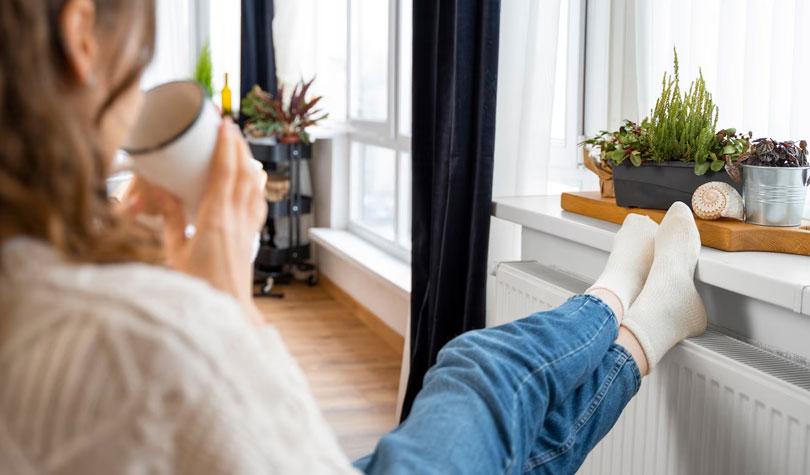
Image Source: Image Source: freepik.com/freepik
Call us at 267-471-9323 (PA) or at 609-373-9707 (NJ) for a quick and reliable inspection call to take care of all your indoor air issues.



